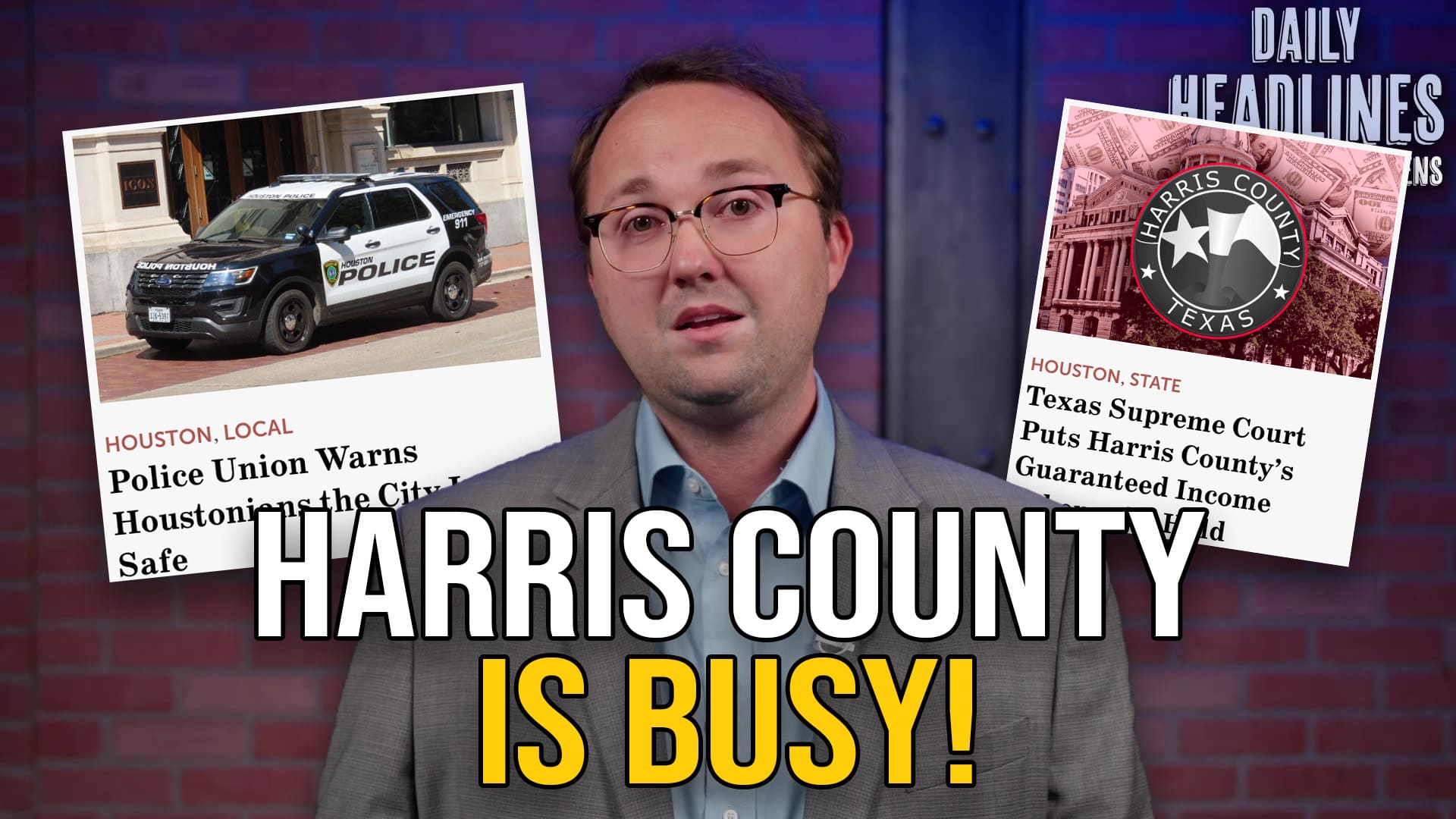In early February Gov. Greg Abbott named expanding rural broadband access his first emergency legislative priority for the 87th legislative session.
In his state of the state address, he said, “from medicine to education to business, broadband access is not a luxury – it is an essential tool that must be available for all Texans.”
Notably, the Governor left off any specific budget recommendations for this emergency priority when he submitted his own budget recommendations calling for Texas to “support the creation of a state broadband plan, authorize a broadband office within the Economic Development and Tourism Office, and eliminate barriers to greater access to broadband services.”
What it looks like in the Legislature
This priority has taken the form of two different bills in both chambers of the Legislature.
In the House of Representatives, State Rep. Trent Ashby (R – Lufkin) filed House Bill 5. This bill would create the State Broadband Development Office (SBDO) within the state Comptroller’s office and require them to establish a state broadband plan by September of 2022. The bill would also require the SBDO to establish a program to award grants, low-interest loans, and other financial incentives to applicants in an attempt to expand access to broadband services in identified “census blocks.” The bill was heard Thursday in the House State Affairs committee but was left pending.
In the Senate, State Sen. Robert Nichols (R – Jacksonville) filed Senate Bill 5, which is a similar bill, but instead of housing the newly created office under the Comptroller, would do so as a part of the University of Texas System. The bill was heard Wednesday in the Senate Transportation Committee; chaired by Sen. Nichols, but left pending.
Both bills would create the Broadband Development Account in the General Revenue Fund as a part of the overall state budget but neither specifically, cite an exact cost. Even the Legislative Budget Board in their fiscal notes attached to each bill could not calculate the fiscal implication to the state.
Supporters Say
There is a widening access gap between rural and urban Texans according to supporters of the bill. Specifically, they indicate that over 316 thousand households or 900 thousand Texans do not have access to broadband services. Supporting organizations believe this bill would begin to close what they have dubbed as the “digital divide.”
Concerning the purpose of filing the bill, Rep. Ashby said, “the coronavirus pandemic has underscored the need for reliable access to the internet and exposed the breadth of ways in which connectivity impacts daily life. Texas is one of only six states in the nation without a state plan for broadband development.”
As of this publication, HB 5 has 56 co-authors and 4 joint-authors in the House of Representatives. SB5 currently has 19 other authors signed onto the bill giving it the majority it would need to pass out of the 31 member Senate.
Opponents Say
Though there were seemingly no opponents testifying against either bill in committee there has been no shortage of legislators in the past who have voiced concern over the potential cost of broadband expansion.
Primarily, the issue is seen as additional infrastructure spending and though the aforementioned bills do not directly provide the state appropriate money for projects, it does potentially set up the infrastructure to make specific recommendations for appropriation requests targeted to specific areas in the future.
Some legislators are worried about an existing lawsuit between almost 50 rural phone companies and the Public Utilities Commission (PUC) as it relates to a potential challenge for any would-be broadband expansion. Broadband primarily travels over phone lines. Currently, some of the state’s smallest phone service companies depend on the Universal Service Fund which is an account that receives money from a tax on local phone lines. This reliance is a subsidy for the high cost of receiving telephone service in less populated parts of the state. Over the last few years, those subsidies have dwindled as more and more Texans shift their reliance to that of cell phones as opposed to landlines. The fund ran out of money to pay these phone companies in December of 2020 which prompted a lawsuit between the PUC and these local telephone companies.
This session, House Bill 425 was filed by State Rep. Ken King (R – Canadian) in an attempt to expand the sources of revenue for the universal service fund to fill the current shortfall and address any would-be broadband expansion. The bill was heard in the House State Affairs committee Thursday but also left pending.
Legislative History
During the 86th legislative session in 2019, House Bill 1960; authored by State Rep. Four Price (R – Amarillo), created the governor’s Broadband Development Council, charged with studying and identifying ways to provide internet access to underserved areas of Texas. Since then, they have submitted a report with their findings.
According to the report, approximately 90% of all Texans without broadband access reside in rural areas and barriers to broadband adoption and deployment include both market demand and the economics of population density. The report indicated that without strong economic incentives, internet service providers have disincentives to offer affordable rates for commercial and residential broadband adoption in those areas.
What Does it All Mean?
There are several bills related to the expansion of broadband currently filed in this legislative session. It is unclear which ones will make it through the entirety of the legislative process but it appears now that the major bills addressing Abbott’s emergency priority have enough support in both chambers to cross the finish line.





